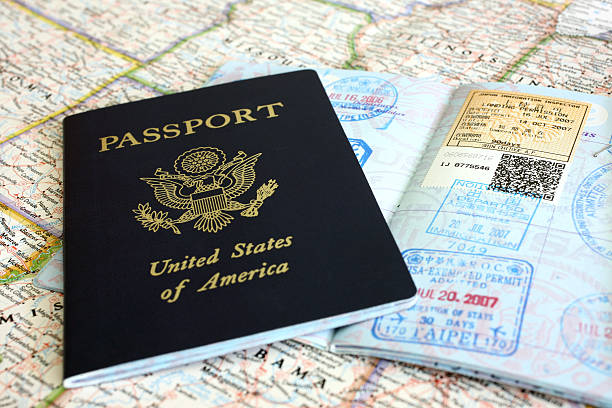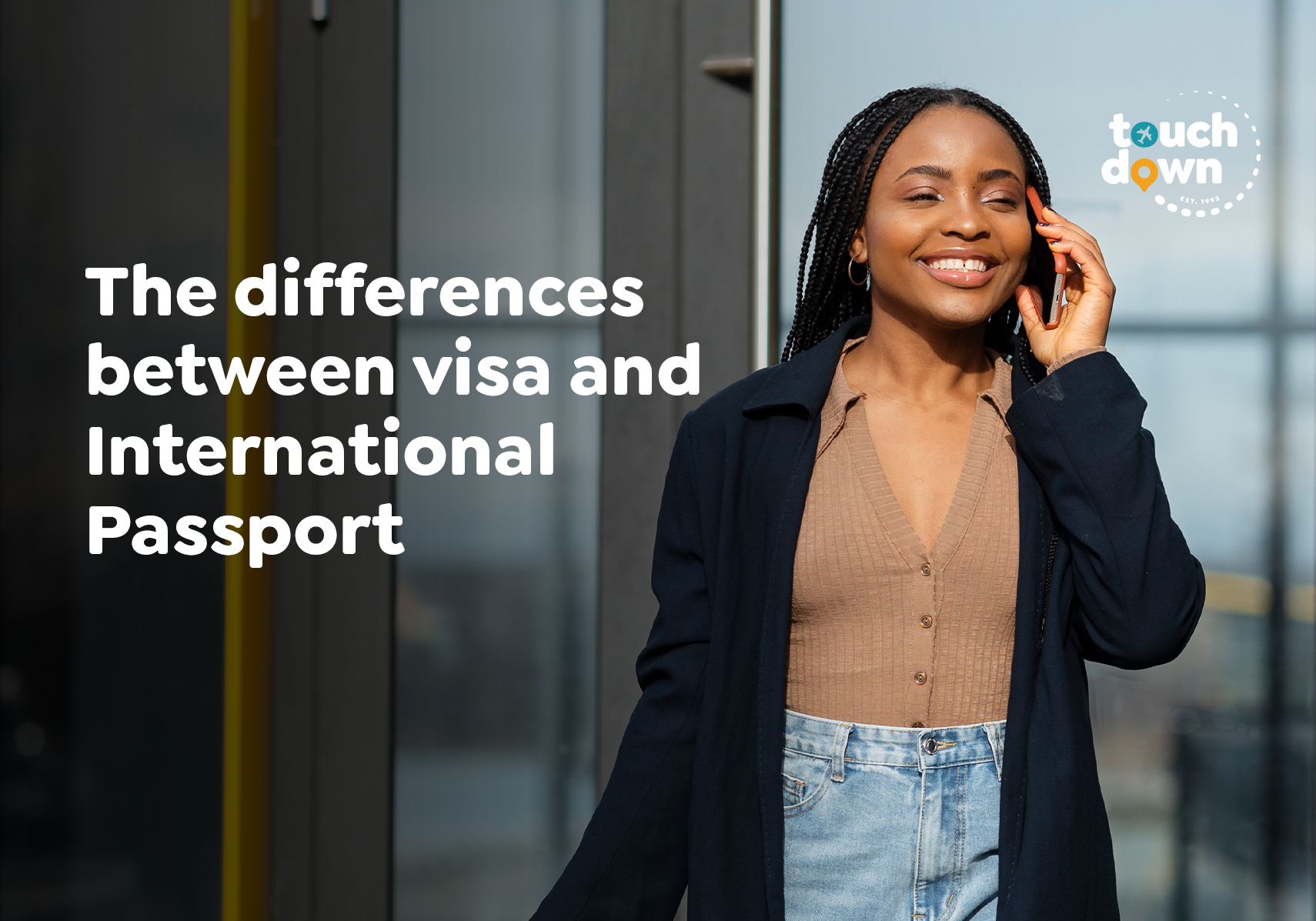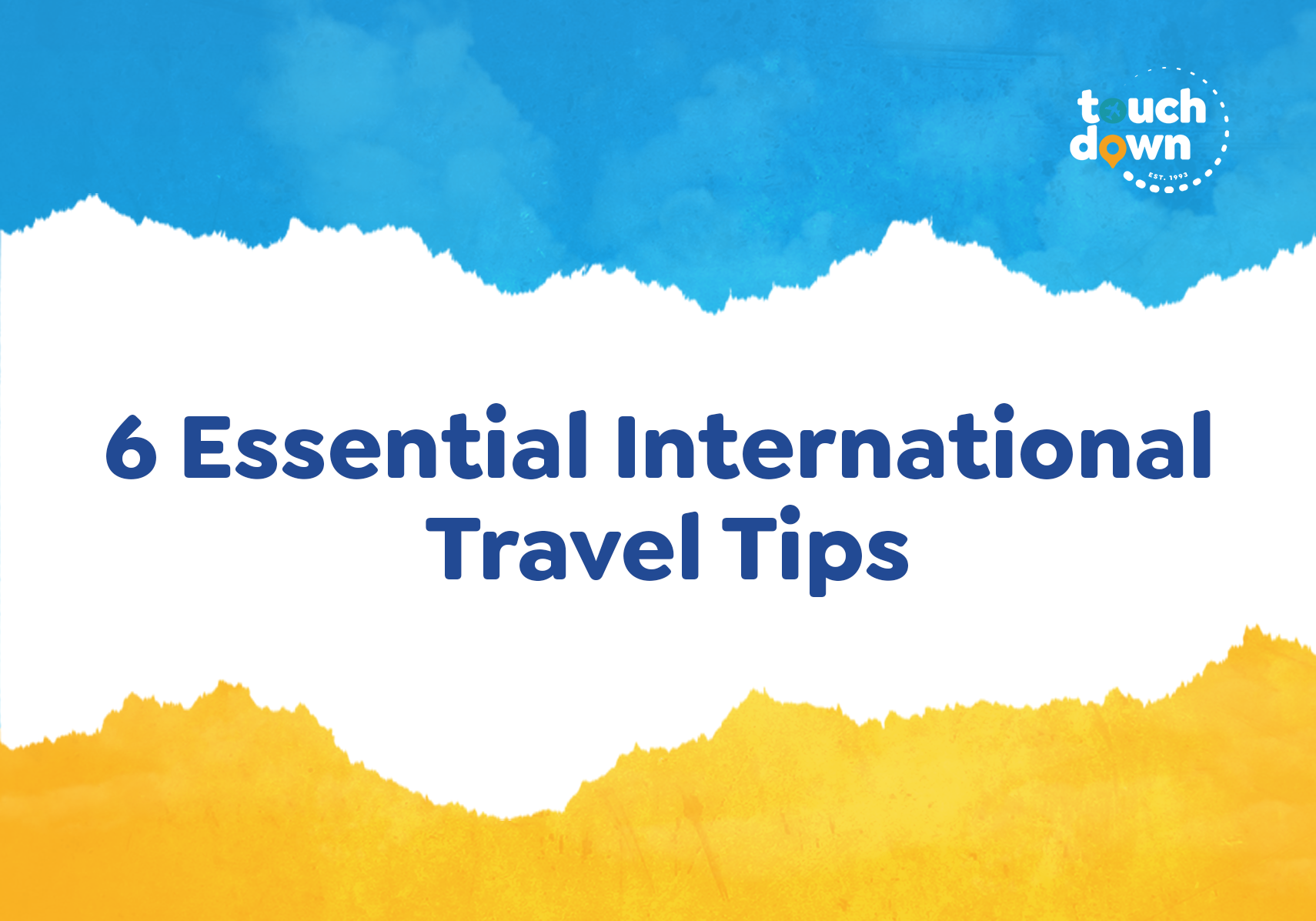Do you want to embark on a global adventure, to explore foreign countries and immerse yourself in diverse cultures? But you don’t know why or the difference between an international passport and a Visa.
In this blogpost, we will be showing you the key differences between these important travel documents
Whether you’re a seasoned traveler or a first-timer, understanding the fundamental documents that facilitate international travel is paramount as it is your ticket into foreign countries.
We will start with the definition of both documents.
What is an International Passport?

An international passport is an official government-issued travel document that certifies the identity and nationality of the holder.
It serves as a critical form of identification and is widely recognized internationally, facilitating legal travel between countries around the world.
The passport includes essential personal information such as the holder’s full name, date of birth, place of birth, a photograph, and a signature.
Depending on your country of residence or nationality, the processes differs as well as the color of the passport
What is a Visa?

A visa is an official authorization or endorsement issued by the government or relevant authorities of a country, which permits an individual to enter, stay, or transit within that country for a specified period.
It’s a crucial document required for international travel to most countries, allowing immigration officials to regulate and monitor the entry and stay of foreign visitors.
It is usually a stamp posted on the pages of your international passport stating the date, and the duration for which you’d be in the country.
Differences between an international passport and a Visa
1. Identity and Citizenship
An International Passport is an official government-issued document that verifies your identity and citizenship.
While a Visa is an official authorization or endorsement issued by the government or relevant authorities of a country, which permits an individual to enter, stay, or transit within that country for a specified period.
2. Validity
An international passport has a longer validity than a visa. For example, in Nigeria, your international passport can last for 5 years or 10 years.
But a visa has a restricted validity depending on your duration and purpose of visit. However, if you’d love to stay longer in a foreign country, you would need a residential permit.
3. Application Process
An international passport is issued by your home country’s government, typically through its consular services, passport agencies or immigration agencies.
For visa, you will need to apply online, through its embassies, consulates, or online application systems of your destination country.
For example, if you want to travel to the United Kingdom, you will have to apply for a visa from the UK embassy in your country.
4. Country-Specific Authorization
The passport itself doesn’t grant entry into foreign countries. It serves as a document that allows you to seek entry into other countries.
Unlike an International Passport, a Visa is country-specific. It grants you permission to enter a particular country or countries depending on the type if visa for a specified period and purpose, whether it be tourism, business, study, or work.
In the event that you want to transit to another country, ensure you get the visa of your destination country.
5. Global Recognition
An International Passport is universally recognized, adhering to international standards set by the International Civil Aviation Organization (ICAO). This recognition ensures consistency and streamlined processes at various immigration checkpoints worldwide.
A visa is not always required for your international trip, depending on your nationality and your destination.
Conclusion
In essence, your International Passport is your global identity and key to initiating travel adventures. However, for each specific journey to a foreign land, a Visa is often the missing piece that grants you access.
Understanding the nuances of both these travel documents equips you to traverse the globe seamlessly, creating memories and broadening horizons. So, grab your passport, secure those visas, and let the world become your playground.



